A ‘transformational’ Autumn Statement?
With better-than-expected inflation figures the Chancellor of the Exchequer, Jeremy Hunt appeared keen to shed his party’s reputation of having overseen the biggest increase in the tax burden since the Second World War.
With a total of 110 changes, the speech was billed as ‘a plan to unlock investment, reward work and grow our economy’.
The measures were announced against a backdrop of statistics from the Office for Budget Responsibility (OBR) which included:
> a reduction of the UK medium-term potential growth rate from 1.8% estimated in March 23, to 1.6%;
> updated OBR economic and fiscal forecasts confirming that inflation is expected to remain higher for longer, taking until the second quarter of 2025 to return to the 2% target. This is more than a year later than forecast in March;
> a statement from the OBR saying that the economy is 1.8% larger than pre-pandemic levels.
Measures affecting businesses
> Full expensing, which enables companies to write off the full cost of capital expenditure, has been made permanent, representing “the largest business tax cut in modern history” according to the Chancellor;
> A freeze to the small business rates relief multiplier for a further year, and an extension to the 75% discount for retail, hospitality and leisure sectors for another year;
> The Chancellor has confirmed that Research and Development (R&D) reliefs will be “simplified” by merging the existing SME and large company (RDEC) reliefs into a single scheme;
> R&D intensive businesses will continue to benefit from payable credits, as under the existing SME scheme, and the definition of “R&D intensive” will be revised to apply to businesses spending at least 30% of their total expenditure on qualifying R&D, rather than the current 40% requirement;
> Audio-visual creative tax reliefs will be switched to expenditure credits from 1 January 2024, similar to the RDEC, with credit rates ranging from 34% for films, high-end TV and video games to 39% for children’s animation;
> HMRC will publish rewritten guidance regarding the tax deductibility of training costs for sole traders and the self-employed.
Measures affecting individuals
> The National Living Wage is to increase by 9.8% or £11.44 per hour for those over 21 from April 2024, which will give a full-time worker an extra £1,800 a year;
> New employees are to be given the legal right to require their employer to make contributions into their existing pension scheme, to help end the situation where a worker ends up with multiple small pension pots as they move jobs;
> Employees’ Class 1 National Insurance Contribution (NIC) is to reduce from 12% to 10% from 6 January 2024. Employers’ NIC rates remain unchanged;
> Class 4 NIC paid by the self-employed on profits between £12,570 and £50,270 is to be cut from 9% to 8% from April 2024;
> Class 2 NIC, paid by the self-employed on profits above £6,725, is to be abolished from 6 April 2024. It should be noted that those self-employed making profits above £6,725 will not need to make voluntary payments to maintain benefits entitlements (including the state pension), those with profits under £6,725 and others who pay Class 2 NICs voluntarily will continue to be able to do so;
> For pensioners, the Chancellor will fulfil the promise to maintain the Triple Lock, so that pensions rise by the higher of average earnings, CPI inflation or 2.5%. The September inflation figure of 8.5% will be applied, so that from April 24 pensions will rise by 8.5% to £221.20 per week
Indirect taxes
> Alcohol duty is frozen until August 2024;
> No announcement was made on fuel duty, so the current freeze is currently due to end in March 2024.
Administration and other measures
> HMRC is to be given the ‘staff it needs to ensure people pay the tax they owe’ through further investment in debt management resources;
> The maximum jail term for tax fraud is to be doubled from seven years to 14 years;
> The planning application process is to be made quicker to help clear the existing backlog and unlock the building of more homes;
> Any house may be converted into two flats under extended permitted development rules, subject to conditions regarding retaining the existing frontage;
> Freeport zones are to have this status extended from five to 10 years. These zones attract various incentives, such as tax breaks and customs duty exemptions
Local benefits
> The East Midlands has been announced as the location of a new investment zone to promote growth in the region. Investment zones benefit from additional government funding and tax incentives.
Contact
If you would like to discuss any tax, audit or accountancy queries with one of our experts, please call our Leicester office on 0116 254 9262, or Loughborough office on 01509 263500. Alternatively, our contact form is here.
